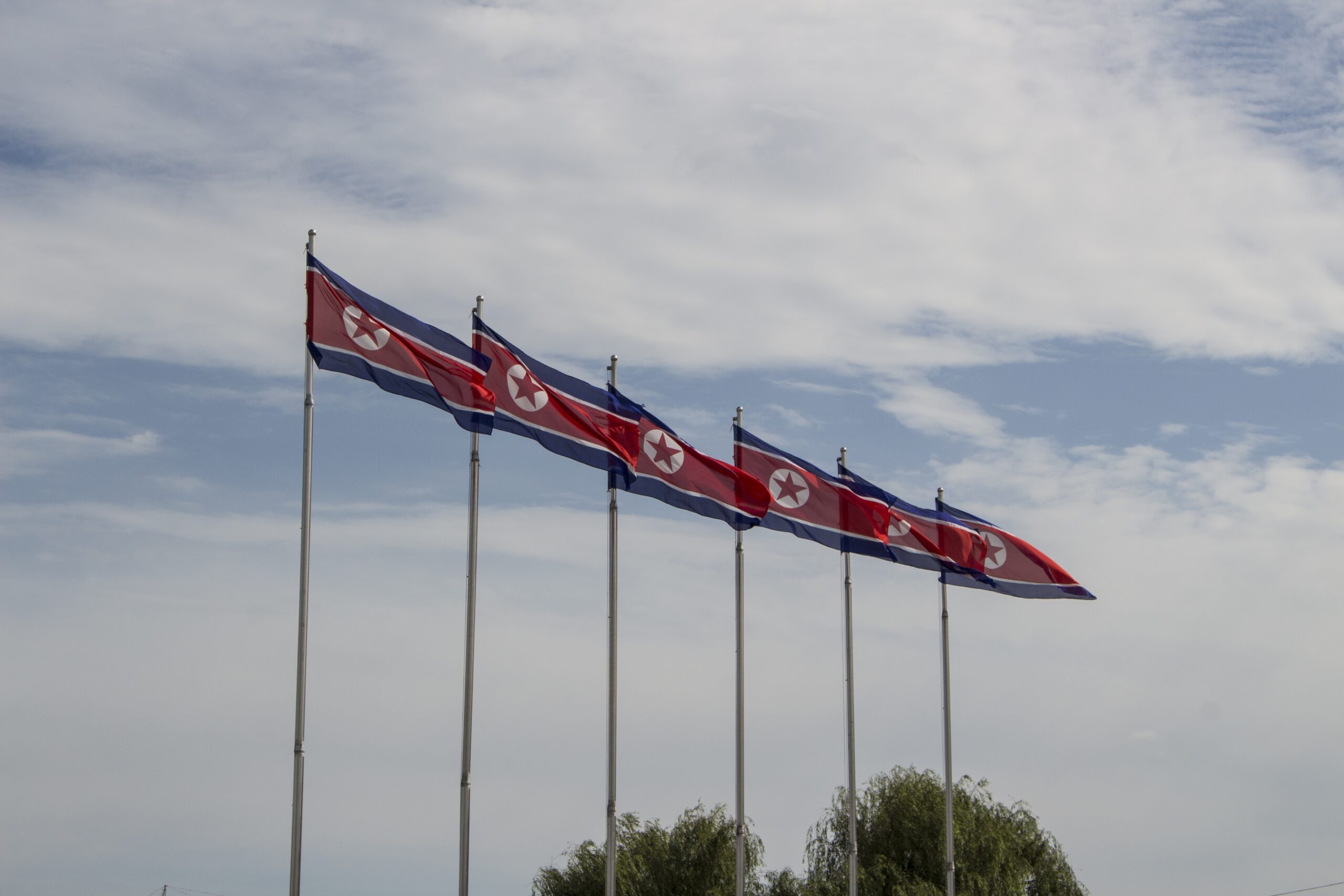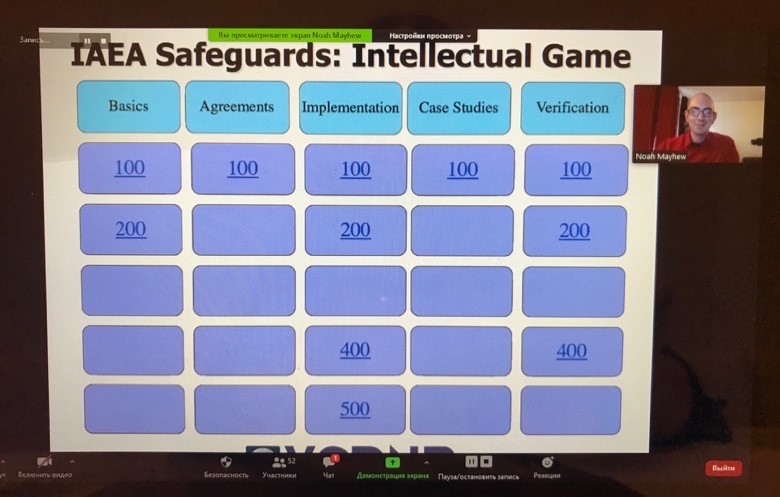
VCDNP Senior Fellow John Carlson has published a new paper with the Stimson Center's Project 38 North that focuses on the importance of the International Atomic Energy Agency's (IAEA) safeguards system in possible approaches for reducing North Korea’s nuclear capabilities and associated infrastructure.
Mr. Carlson writes that part of this process would entail a freeze on the production of fissile material, followed by a commitment to permanently cease these activities and to disable and dismantle the facilities involved through a step-by-step process, with the ultimate objective of denuclearization of the Korean peninsula. This process would also necessitate the application of safeguards to all peaceful nuclear activities; progressive rollback of the nuclear arsenal, with fissile materials transferred irreversibly to safeguarded peaceful use or disposal; and verification measures for possible undeclared nuclear activities.
Clearly both negotiation and verification of a series of agreements addressing North Korea’s nuclear program will involve major challenges for all parties. North Korea can be expected to resist the introduction of IAEA safeguards and related verification activities, especially those required to provide assurance of the absence of undeclared nuclear material and activities. North Korea can be assured that IAEA inspectors will not have authority to go everywhere and look at everything, and that they will be operating under a precise mandate which will be determined by agreement between North Korea itself and the other parties involved. The verification mandate would be extended in a series of agreed steps.
Mr. Carlson also highlighted that North Korea will not be willing to freeze its nuclear weapon program and to commit to eventual denuclearization unless it is persuaded this is in its national interest. In this regard, the involvement of the IAEA will be particularly important to building confidence that all parties are committed to fulfilling their obligations. Impartial verification by the IAEA is a mechanism to build confidence in North Korea’s good faith, while at the same time protecting North Korea against unfounded accusations that it is violating agreements.
In conclusion, Mr. Carlson noted the importance of defining a precise mandate for the IAEA verification activities. Ensuring that all parties have the same expectations of an agreement is imperative to its success. A lack of clarity in this regard would be detrimental to confidence building and for the sustainability of the agreement overall.
Read the full publication on the 38 North website.

